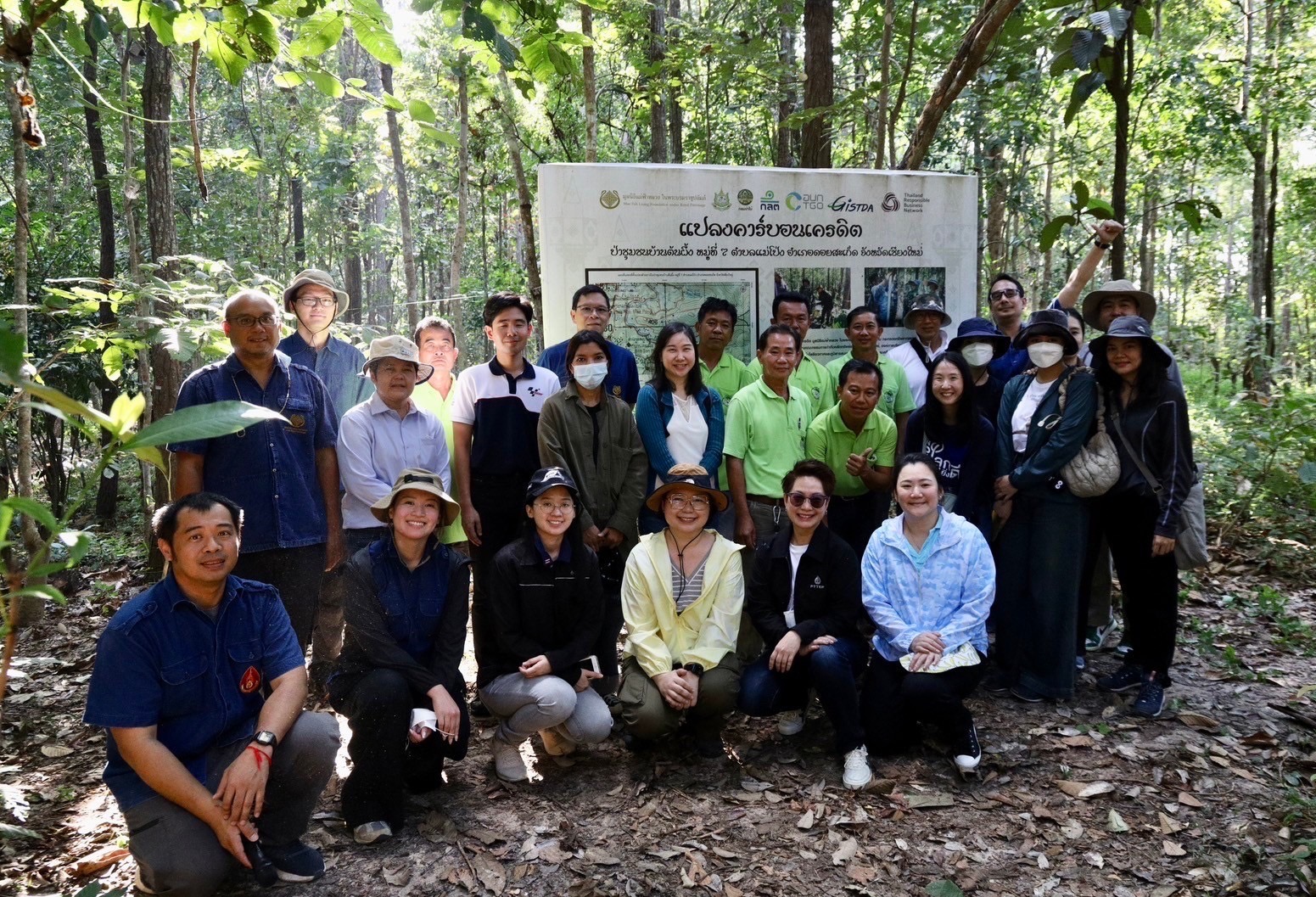IRPC along with other PTT Group subsidiaries have signed three Memoranda of Understanding (MOUs), involving the development of areas for planting, maintaining, and managing forest ecosystems in collaboration with the Royal Forest Department, the development of areas for planting, maintaining, and managing forest ecosystems with the Department of National Parks, Wildlife, and Plant Conservation, and the planting and maintenance of mangrove forests for carbon credit benefits with the Department of Marine and Coastal Resources. The target is to achieve Net Zero Emissions by planting 2 million acres, with 1 million acres by PTT and another 1 million acres in collaboration with PTT Group subsidiaries by 2030.







